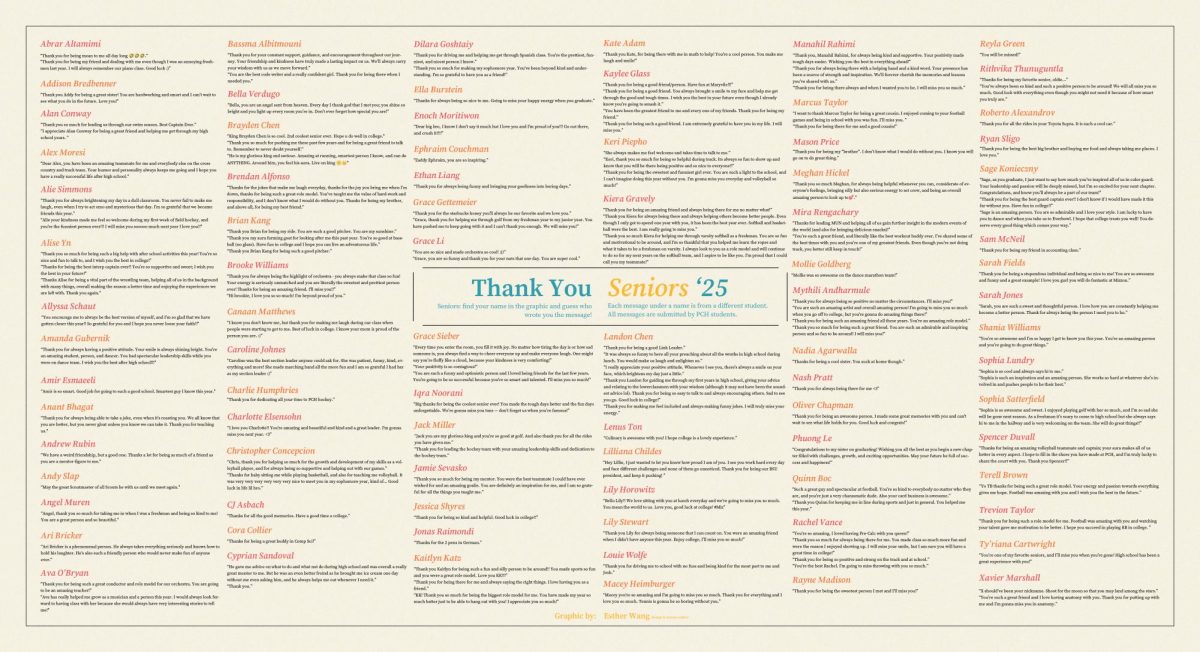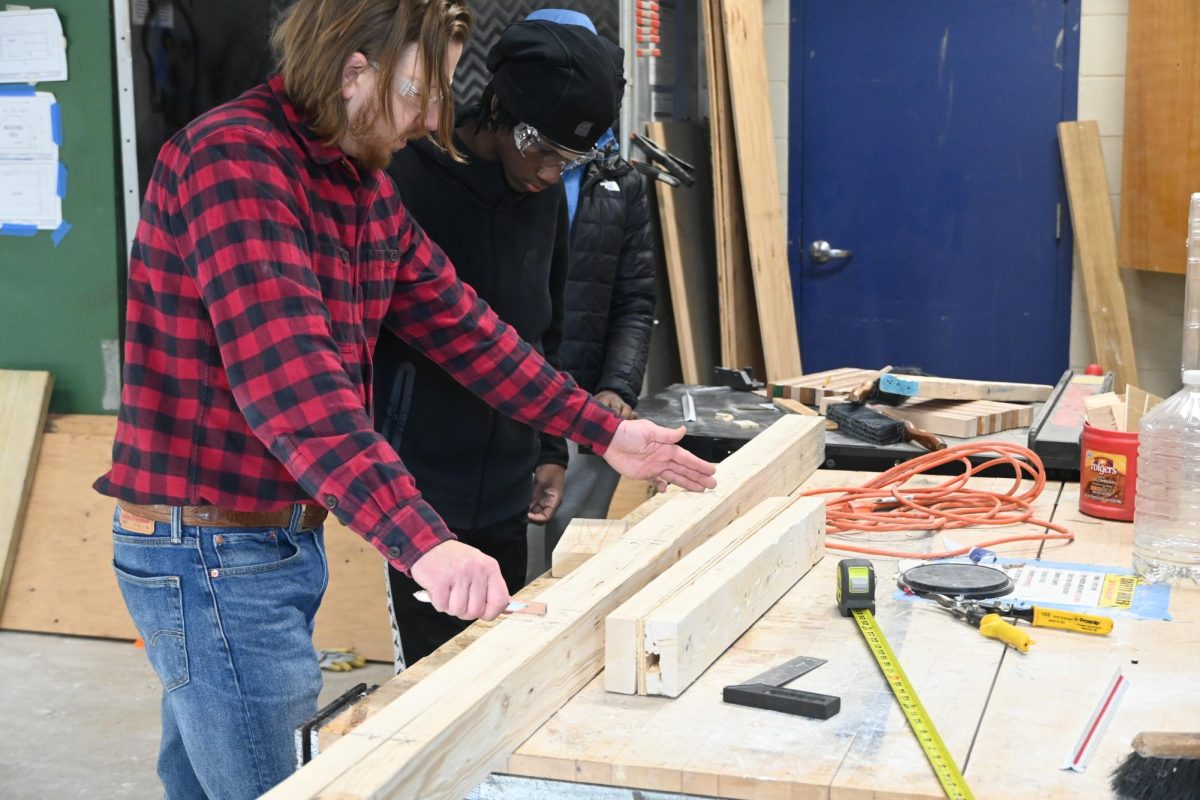Students know the situation all too well; it’s one that happens every semester, every month or for some, every week. After a long day of school and other activities, students tackle to piles of homework, preparing to work late into the night. The next day, exhaustion and grogginess settle in, and the cycle only repeats.
“I probably average around five to six hours of sleep per night,” junior Marissa Turkin said. “I do not think it is sufficient and I am constantly tired throughout school and all of the activities I do.”
Turkin, like many students, is involved in numerous extracurricular activities, such as student council, soccer, Project Parkway, National Honors Society, and cheerleading.
“The largest cause of me not getting enough sleep is how spread out my activities are throughout the day,” Turkin said. “For example, I would have STUCO before school, cheer from 4:30 to 6, and then soccer from 7:30 to 9. I wouldn’t be getting home until really late and there isn’t much time to do homework in between activities.”
Needing a nap
The recommended amount of sleep for adolescents is eight to nine hours per night, and a deficit of these hours can have any number of effects. Spanish teacher Mrs. Andrea Williamson said she notices these changes in her students.
“There is an analogy that says sleep for humans is like the refrigerator for Jell-O,” Williamson said. “To make Jell-O you have to stick it in the refrigerator for a period of time, otherwise it doesn’t gel. Basically, your brain needs sleep in order to solidify the learning that takes place. So let’s say you spend a night cramming but then you don’t get enough sleep, you’re going to have trouble recalling that information the next day.”
Williamson often encourages her students to get an adequate amount of sleep and work on their time management skills, as she understands the pressures students undergo.
“Sleep is a huge problem for students who juggle AP classes, sports and jobs,” Williamson said. “The philosophy here at Central is achieve at all costs. There are only 24 hours in one day so students have to prioritize, and figure out what you can let go.”
Williamson notes that one late night won’t really hurt students, but she warns that continung a pattern will have lasting affects. According to Turkin, her lack of sleep is reflected in her schoolwork and other activities.
“My lack of sleep causes me to make stupid mistakes on schoolwork and tests, and if I had more sleep there would definitely be a difference in my schoolwork,” Turkin said. “Also, when I’m tired at sports I tend to not play as well. If I had more sleep, I would have more energy to play to my full potential.”
For senior Seth Feldstein, the key to success is time management.
“The best ways I deal with less sleep are to maximize my time so that I’m not up too far into the morning, and sticking to a routine so I can at least get used to the hours and respond better,” Feldstein said. “I get up a little bit earlier so that I can ease my way into the day. I usually read the sports section of the paper so that I don’t start thinking in class.”
Like many others, Feldstein takes advantage of weekend hours and occasionally, caffeine, to keep him alert in class. Despite these, Feldstein said he tends to do better with more sleep.
Searching for shut-eye
Feldstein and Turkin both believe that improvements in school performance would occur if more time for sleep was available.
“The best way for me to get more sleep was if school started later because if I don’t have any school activities going on then, I would still have out of school soccer starting late at night so I never have the chance to go to bed early,” Turkin said.
For Spanish students at least, he homework assignment on the Williamson’s board often instructs students to sleep an allotted number of hours before the next class period.
“Some teachers forget all the things students have on their plates,” Williamson said. “So I assign sleep as homework because I think that no matter what’s going on they have to take care of themselves first, and sleep is like the foundation for everything else.”






